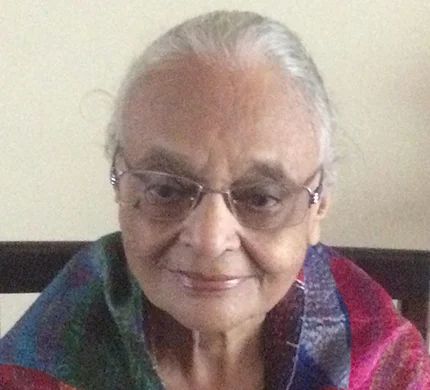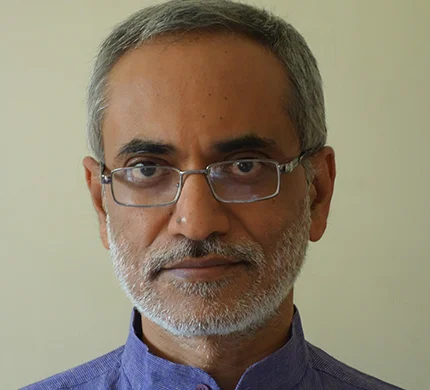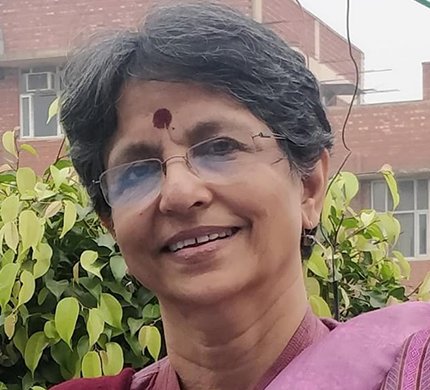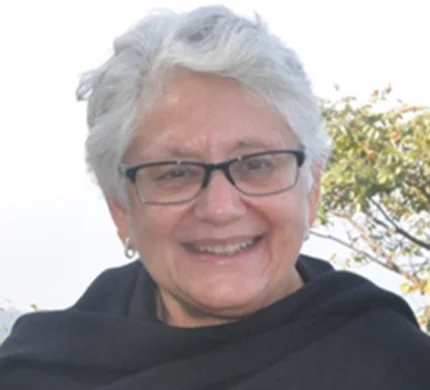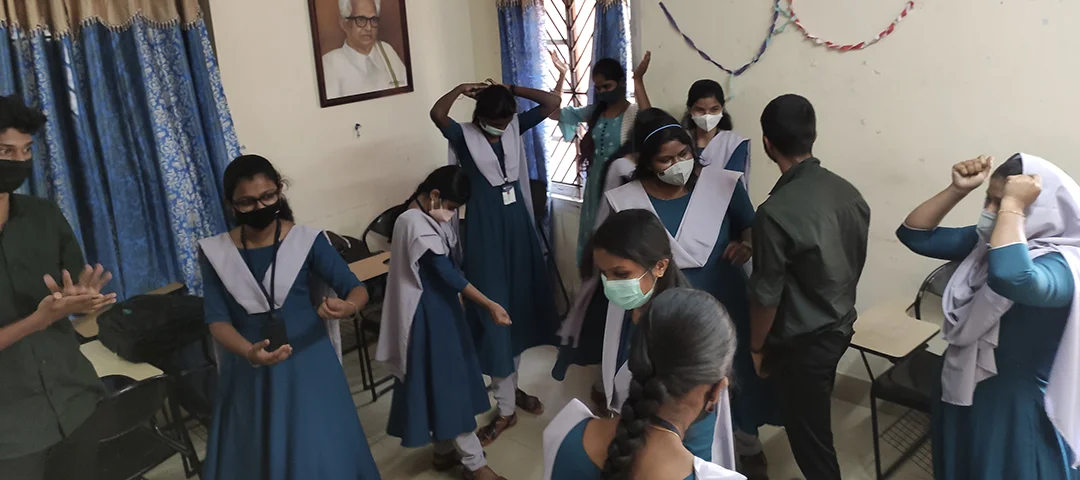
Gender-just classrooms are inevitable for realising a gender-just society. Social norms such as patriarchal gender norms are often reproduced and perpetuated in schools through biased curriculum, gendered textbooks, hidden curriculum and even gendered views of those who educate. The perceptions and world views teachers carry into their classrooms affect the way they organise their classes, conduct various activities and socialise their students. This in turn affects the identity formation, capability development and interpersonal relationship formation of students. For schools to truly become spaces that facilitate social transformation and to envision social progress, a critical factor is conscious teachers who are aware of how different inequalities (including gender inequality) get perpetuated through their classroom practices and who are ready to explore means to tackle this. Our study explores the different ways through which we can work with aspiring teachers to develop consciousness about societal inequalities, mainly gender inequality, and collectively develop critical perspectives and pedagogic practices to create and sustain equitable quality learning cultures and classrooms. This study aims to focus on questions of gender equity by developing an educational framework which integrates the benefits of dialogue, critical pedagogy and socio-emotional learning for facilitating conversations on gender.
Key Words: Gender Just Classrooms, Negotiating Social Norms in Classrooms, Dialogic Pedagogy, Socio-Emotional Development, Critical Pedagogy
Key Themes:
Gender and Social Identities, Dialogic Pedagogy
Project Site:
Kottayam, Kerala
Principal Investigator:
Krupa Anilkumar
Co-Investigator:
Yasir Subair

